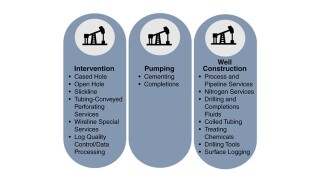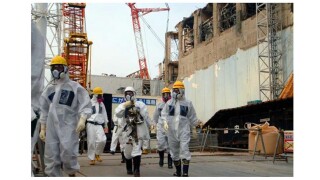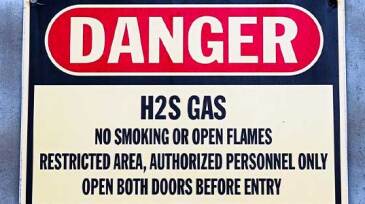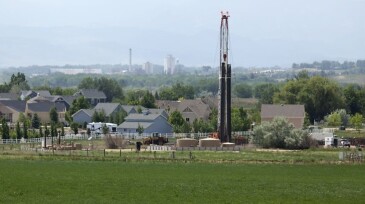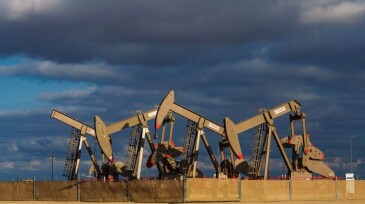Health
This paper examines how real-time monitoring can improve both incident prevention and emergency response in the oil and gas industry. Drawing from real-world examples and case studies, it provides practical strategies for implementing this technology effectively.
This paper describes a risk-based self-verification process conducted through a bespoke software application.
This paper discusses and demonstrates the limitations of quantitative risk assessment (QRA) with respect to the usefulness of the concept in managing day-to-day and emerging risks as well as the effect of change.
-
A health study commissioned by Pennsylvania environmental officials examined the practice of spreading waste water on rural dirt roads in the state. Researchers concluded that the practice doesn’t control dust effectively and poses dangers to the environment and human health.
-
Given that hydrogen sulfide is such a risk to workers, care must be taken to protect and prevent exposure, particularly when working with lesser-known methods and in more dangerous settings, such as sour-gas fields and the sweetening process.
-
The COVID-19 pandemic caused a major disruption to industry training programs and university geoscience courses as travel restrictions and lockdowns created the need for digital alternatives. Although virtual field trips had been gaining traction before the pandemic, the sudden need to replace physical field activities has driven a rising interest to allow geologists …
-
The paper provides an approach to mitigating the adverse effects of mercury found in production fields, including treatment-facility requirements and suitable technologies for production fields and onshore facilities.
-
This paper highlights solids-management technologies that are currently available and still in use topside (some of which are potentially outdated).
-
A group of public health experts from several universities and organizations urges adoption of a multilayered approach when developing policies to mitigate the effects of gas and oil production operations.
-
The two organizations recently signed a letter of cooperation. The agreement creates an opportunity to accelerate the practical application of human factors in the energy industry and create a bridge between energy industry professionals and human factors experts.
-
While the concentrations are low, the chemicals are potentially dangerous and some are linked to cancer risk, the researchers found.
-
A new analysis shows that more than 17 million people live within a half-mile radius of active oil and gas production facilities.
-
The goal of the guidance—created by IPIECA, the oil and gas association for advancing environmental and social performance, and the International Association of Oil and Gas Producers—is to provide occupational hygienists and health, safety, and environment managers in the energy industries with advice on how workplace lighting can limit circadian disruption and promot…


